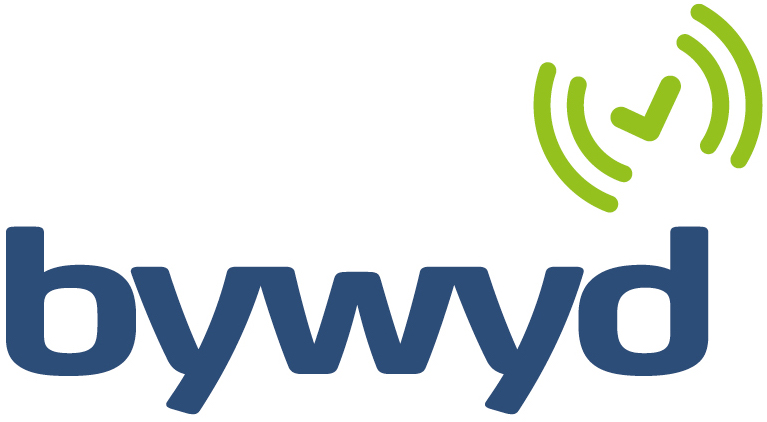What you get for schools
Why flexible testing?
Learning and testing need scope for development
Not only is each person unique, but so is each group of learners. Teachers do not always know how the subject matter has reached the learners. Knowledge checks and learning diagnoses provide valuable feedback for teachers on the level of knowledge and knowledge gaps of students. These tests should therefore be able to take place flexibly and spontaneously when it makes sense from a didactic point of view – even without lengthy planning and room reservations in advance.
In addition to reading, writing, arithmetic and factual knowledge, creativity, critical thinking, social and communicative competence (the so-called four Cs), self-competence and the competence to solve problems and deal with complexity are needed. Online exams offer scope for alternative methods to test new competences, knowledge and skills in a more differentiated way. Because 21st century skills can only be insufficiently learned and validated with the methods of the industrial age.
Translated with www.DeepL.com/Translator (free version)
Online tools offer the opportunity for individualisation and personalisation and thus for tools to diagnose individual learning progress – and to provide more targeted support. Because we are all different. We can concentrate differently at different times and in different places. We learn differently quickly and easily and need different amounts of repetition.

